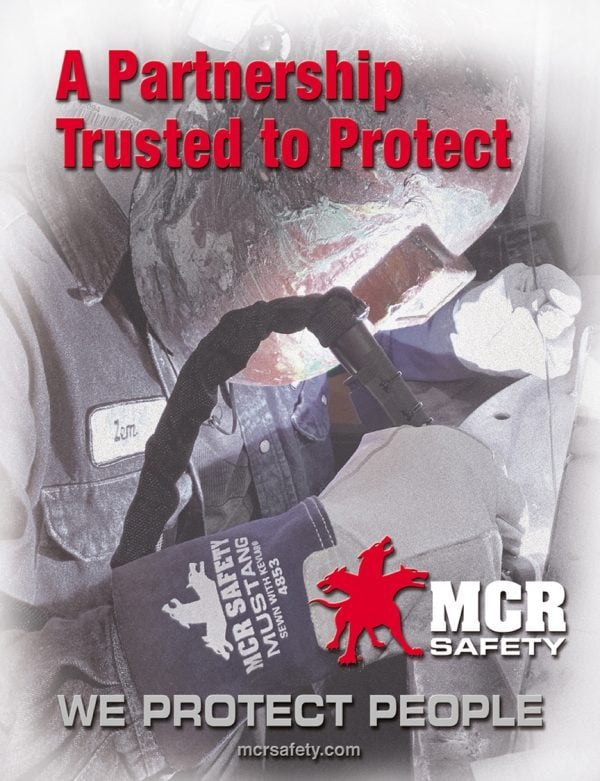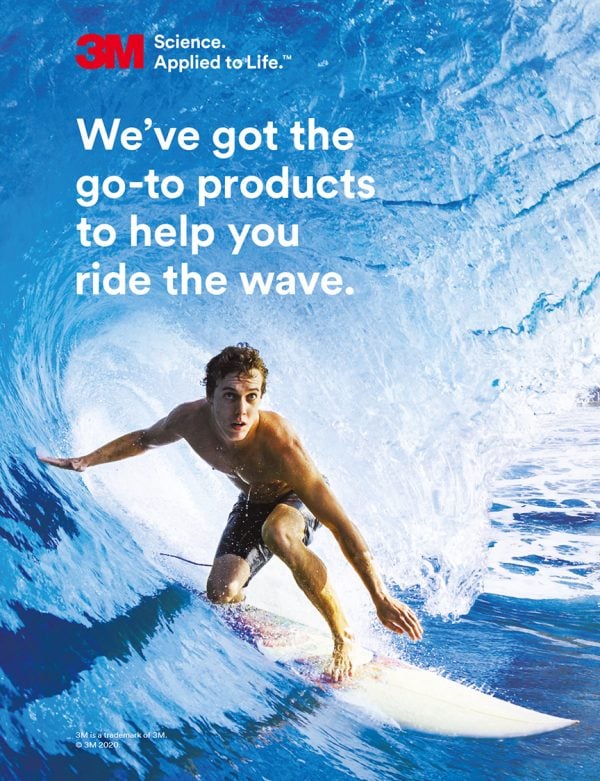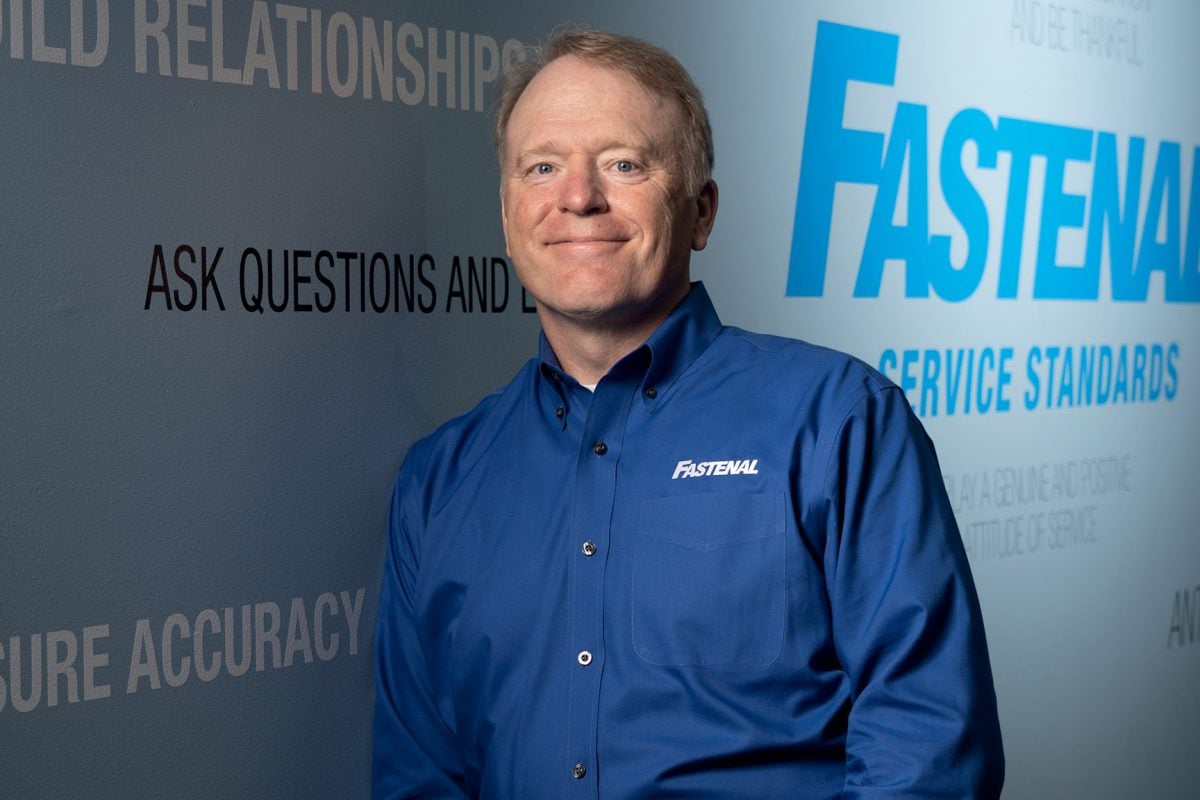Dan Florness has been with Fastenal since the mid-90s and has witnessed the company go through many changes. Now, as CEO, he’s leading the organization into a future where ecommerce and innovation holds more significance than ever before.
Here, Dan talks to The CEO Magazine about the importance of talent and diversity within the company and why trust is the key to it all.
Tell us about the journey into your current role.
I graduated college in the late 1980s and spent the following 10 years in public accounting with the firm KPMG, and then joined Fastenal in 1996. For the first 19 years, I was Fastenal’s Chief Financial Officer and then moved into the CEO role five years ago, in 2015.
When you first took on the role of CEO, what were some of the key opportunities you saw for taking the business forward?
To continue to develop and support our employees. The one thing that has always impressed me about Fastenal is our people. We have great people, and I know that other organizations can lay claim to that too, but we are quite unique.
The one thing that has always impressed me about fastenal is our people.
About 75% of our team is located in very close proximity to the customer, which means we can do things that our competitors can’t do. There are opportunities we can take that others just can’t tackle.
What is your greatest achievement, both personally and professionally?
My wife and I celebrated our 25th wedding anniversary in October. It’s a great marriage and we have four kids, so we’re both very proud of that.
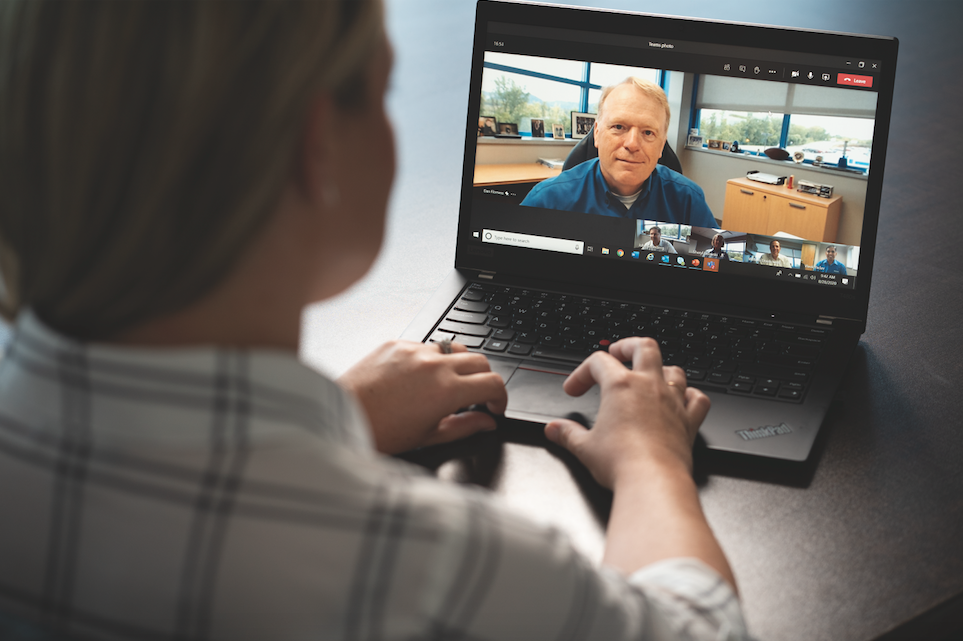
If you look at it from a CEO standpoint, it would be continuing to challenge the team to learn and change and drive our ability to partner with our customer. It always requires us to change how we do a few things, but it’s proven to be a success.
On the flip side of that, what have been some of the biggest challenges you’ve faced in your career?
I think one of the challenges when I came into this role was that we were going through an industrial slow period. We were also in the midst of changing our focus, which had been largely intact for the better part of 50 years.
We were beginning to morph the business with a different operating unit. The challenge was in getting our folks to change how they thought about the business and their relationship with the customer. We needed to broaden it out. And we did.
What are the key areas of focus for Fastenal over the next 12–18 months?
We want to continue expanding our supply chain engagement with the customer, and provide our customers with more and more information about our innovative solutions. And we want to continue to expand our ability to be mobile and knowledge based.
For us, mobility isn’t about helping us grow faster, it’s about helping us be more productive. Our limiting factor isn’t the size of the market or even the growth potential; it’s about making sure we’re arming our employees with the ability to operate in a more productive fashion and to put more knowledge at their fingertips.
What do you think gives Fastenal its point of difference in the market?
It’s the fact that we have a great local presence. And one thing that maybe sounds a little quaint in today’s world is that we’re a very frugal organization. Now, that doesn’t mean we’re cheap, it means we don’t waste money.
Innovation is so important, and the way we approach it is to welcome input from all.
Most of our competitors see the threat of disruption and think they have to figure out how to lower their cost structure. And they’re doing that by moving further away from the customer. We’ve taken a little bit of the opposite tack and gotten closer to our customer.
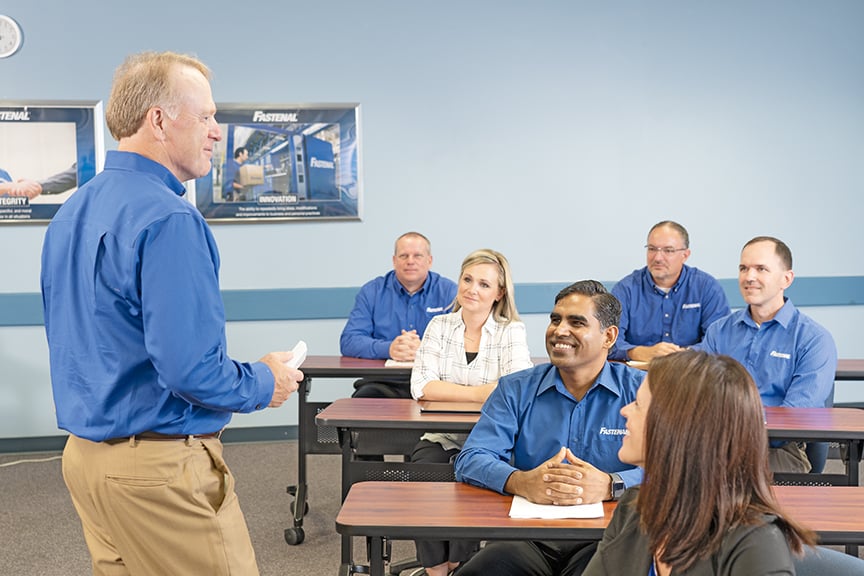
In many cases, we’ve moved in with them through our onsite business model. So we’ve lowered our cost structure, but in a fundamentally different way. First, by being very frugal and not wasting resources, and second, by stepping into our customers’ shoes and helping them utilize their facility more efficiently.
How important is culture to the organization and how do you instill it?
Culture is everything, and you instill it by trusting people from day one. You also challenge folks to be willing to learn and change, and let them know that they’re surrounded by a team of individuals that are there to help them succeed.
That means letting them know that it’s OK to make a mistake. If I empower you to make a decision, and you make a less than optimal decision – and I’m not talking about an unethical decision – then it’s a learning experience. They figure out a way to get through it more from that experience than having somebody telling them how to do it.
What is the company doing to ensure it stays at the forefront of the industry and how important is innovation?
Innovation is so important, and the way we approach it is to welcome input from all. We have 20,000-plus employees within Fastenal and we challenge everybody to come up with ideas, and try to figure out a way to let those ideas gain some traction. So you basically end up with these little incubation hubs within the organization.
As a CEO, it’s important to then support those ideas. If an idea requires technology, then you bring in the technology, and if it requires financial support, then you do that too.
What would you say is the best advice you’ve ever been given?
I don’t know that somebody gave me this advice or if it just came through via osmosis. Maybe I learned it from my surroundings or my parents or teachers, I don’t remember, but I do give this advice out to other people.
And that’s to surround yourself with people who are better than you. Something else I’ve learned throughout my career, and something I say to others, is that there is no monopoly on talent.
There’s not a single country that has all the talent, there’s not an educational background that has a monopoly on talent and there’s not a cultural background that has a monopoly on talent. There are great people everywhere if you’re willing to find them, and you’re willing to challenge them to be great.
Proudly supported by:
